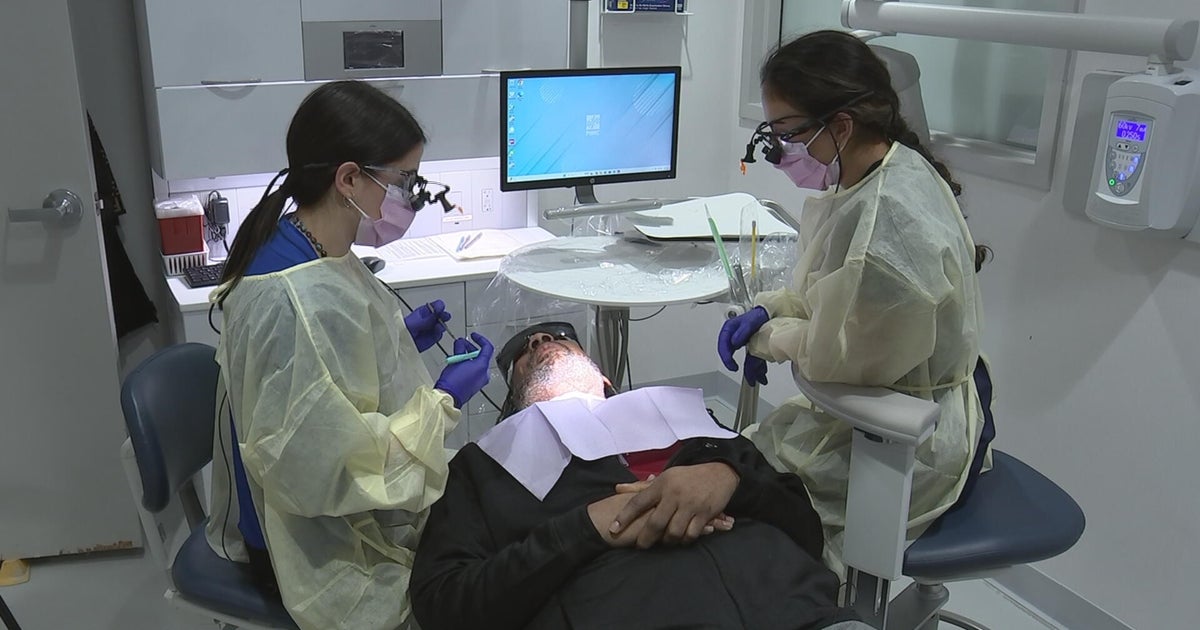Moderna and Pfizer vaccines showing promising results against COVID variants
Moderna says early trial results show increased immunity against COVID-19 variants first found in Brazil and South Africa among people who took a booster shot or an experimental new vaccine. And a new study shows Pfizer's original vaccine has proven highly effective against the variant first spotted in the United Kingdom.
Meanwhile Moderna said Thursday it will start seeking full approval of its vaccine from the Food and Drug Administration by the end of the month. It's currently in use under an emergency authorization. Pfizer had already said it would begin trying for that full FDA approval by month's end.
Both vaccines currently involve getting two shots.
Moderna said initial results showed people who got a third shot of its current vaccine or a third shot that was a revised mix designed to target the South African variant had increased levels of antibodies against both the South African and Brazilian variants and the original COVID-19.
The company added that antibody levels against the South African variant were higher in people who got the revised vaccine specifically targeting that variant than in people given the third shot of its original vaccine.
Moderna CEO Stéphane Bancel said, "We are encouraged by these new data, which reinforce our confidence that our booster strategy should be protective against these newly detected variants."
Separately, the largest real-world study yet of the Pfizer/BioNTec vaccine confirmed that the shot provided more than 95% protection against COVID-19.
The authors of the research from Israel's national vaccination campaign said it showed real-world proof that the pandemic could be ended by rapid, global vaccination programs.
An analysis of public health data from Israel — one of the countries with the highest proportion of fully-vaccinated adults — showed the vaccine was extremely effective in protecting even the elderly at a time when the more infectious English variant was dominant, according to results published in the Lancet medical journal.
During the analysis period, there were 232,268 confirmed COVID-19 infections, and nearly 95of samples tested were found to be the English B117 variant.
The team behind the research said they couldn't study the effect of the South African variant, which has also been identified in Israel.
By the start of April, nearly 5 million people in Israel had received two doses of the Pfizer/BioNTech jab, more than 70% of the population.
The study found that two doses conveyed 95.3% protection against infection and 96.7 protection against death seven days after the second dose.
After 14 days, that protection increased to 96.5% and 98%, respectively.
However, the data showed that the level dropped significantly when people received just one of the two prescribed doses. The authors said one dose may provide a shorter window of protection, especially in an environment where new viral variants emerge.
"Importantly, the study shows that two doses of the vaccine significantly increase levels of immunity and protection," said Jonathan Ball, professor of Molecular Virology at the University of Nottingham, who was not involved in the research.
"This is why it is important that people get both doses."



